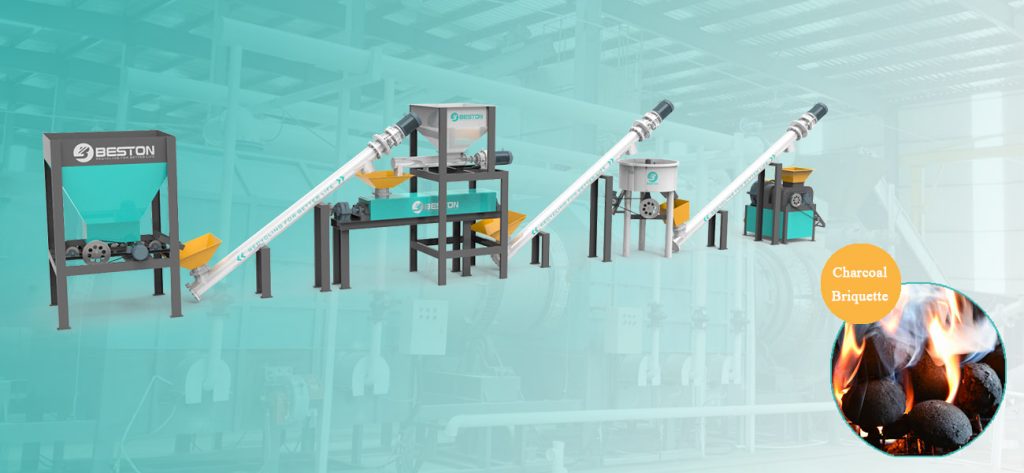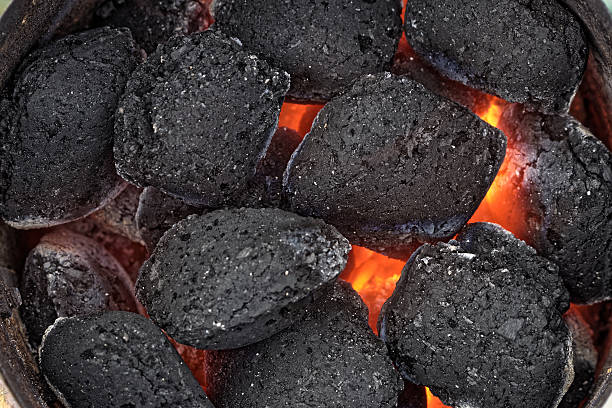In a world increasingly concerned with environmental sustainability, innovation has become paramount. Among the myriad of challenges facing our planet, the issue of deforestation stands as a daunting threat to global ecosystems. One significant contributor to deforestation is the demand for charcoal, an essential commodity in many parts of the world. However, emerging technologies offer a glimmer of hope in the form of charcoal making machines, revolutionizing the way we produce this vital resource while mitigating environmental harm.
Charcoal making machines represent a significant breakthrough in sustainable technology. Traditional methods of charcoal production involve cutting down trees and burning wood in oxygen-starved environments, releasing harmful pollutants and contributing to deforestation. In contrast, charcoal making machine utilize innovative processes to convert organic waste into charcoal efficiently and without the need for extensive deforestation.

At the heart of these machines lies the principle of pyrolysis, a thermochemical decomposition of organic material at elevated temperatures in the absence of oxygen. This process transforms biomass such as agricultural residues, sawdust, or even municipal waste into charcoal, bio-oil, and syngas. By harnessing pyrolysis, charcoal making machines offer a sustainable alternative to traditional charcoal production methods.
One of the most compelling aspects of biochar production equipment is their versatility. These machines can process a wide range of biomass feedstock, including agricultural waste like rice husks, coconut shells, and even woody residues. By utilizing locally available biomass, communities can reduce waste and create value from materials that would otherwise be discarded, thereby promoting a circular economy and reducing reliance on finite natural resources.
Furthermore, charcoal making machines are highly efficient, maximizing the yield of charcoal while minimizing waste. Through precise temperature control and optimization of process parameters, these machines can achieve high conversion rates, ensuring that the maximum amount of biomass is converted into valuable charcoal. This efficiency not only increases the economic viability of charcoal production but also reduces the environmental footprint associated with traditional methods.
Beyond their environmental benefits, biochar pyrolysis equipment has significant socio-economic implications, particularly in rural areas where traditional charcoal production is prevalent. By providing an alternative source of income and employment opportunities, these machines empower communities to become self-sufficient and economically independent. Additionally, by reducing the need for manual labor in charcoal production, these machines mitigate health risks associated with prolonged exposure to smoke and pollutants, improving the well-being of workers and their families.
The adoption of charcoal making machines also holds promise for mitigating climate change. The carbon sequestration potential of charcoal produced through pyrolysis is substantial, as the carbon captured during the growth of biomass is effectively locked away in the resulting charcoal. This carbon-negative aspect of charcoal production represents a significant opportunity for combating climate change by reducing net carbon emissions and mitigating the effects of deforestation.

Furthermore, the biochar produced as a byproduct of pyrolysis has soil-enriching properties, making it a valuable amendment for agricultural purposes. By incorporating biochar into soil, farmers can improve soil fertility, water retention, and nutrient uptake, leading to higher crop yields and enhanced food security. This dual benefit of charcoal making machines – producing charcoal for energy while generating biochar for soil improvement – highlights their potential to address multiple sustainability challenges simultaneously.
In conclusion, charcoal making machines represent a transformative technology with the potential to revolutionize the way we produce and utilize charcoal. By harnessing the power of pyrolysis, these machines offer a sustainable alternative to traditional charcoal production methods, mitigating environmental harm, empowering communities, and contributing to climate change mitigation efforts. As we strive to build a more sustainable future, innovations like charcoal making machines serve as shining examples of the ingenuity and creativity required to address the complex challenges facing our planet. Make briquettes with charcoal briquette making machine.